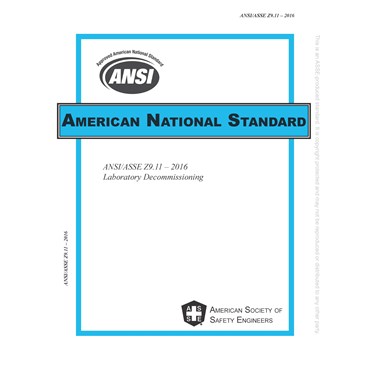FDA says popular herbal drug is dangerous opioid

A popular herbal remedy for – among other things – opioid abuse has opioid properties that can lead to abuse, addiction and even death, says the Food and Drug Administration (FDA).
A scientific analysis of the botanical substance kratom identified opioid properties in its compounds. In other words, kratom compounds may affect the body just like opioids.
FDA Commissioner Scott Gottlieb, M.D., said the agency is especially concerned about the use of kratom to treat opioid withdrawal symptoms, because there of safety issues with the substance and because there is no reliable evidence to support the use of kratom as a treatment for opioid use disorder and significant safety issues exist.
Seizures, respiratory problems possible
Among the safety issues: the potential for seizures and respiratory depression. To date, 44 deaths have been linked to kratom use.
“Kratom should not be used to treat medical conditions, nor should it be used as an alternative to prescription opioids,” said Gottlieb in a statement. “There is no evidence to indicate that kratom is safe or effective for any medical use. And claiming that kratom is benign because it’s “just a plant” is shortsighted and dangerous. After all, heroin is an illegal, dangerous, and highly-addictive substance containing the opioid morphine, derived from the seed pod of the various opium poppy plants.
“Further, as the scientific data and adverse event reports have clearly revealed, compounds in kratom make it so it isn’t just a plant – it’s an opioid. And it’s an opioid that’s associated with novel risks because of the variability in how it’s being formulated, sold and used recreationally and by those who are seeking to self-medicate for pain or who use kratom to treat opioid withdrawal symptoms.”
The FDA’s analysis uncovered strong evidence of kratom compounds’ opioid properties and confirmed that two of the top five most prevalent compounds (including mitragynine) are known to activate opioid receptors (“opioid agonists”). Additionalyl, some of the kratom compounds may bind to the receptors in the brain that may contribute to stress responses that impact neurologic and cardiovascular function.
Abuse potential
“This new data adds to our body of substantial scientific evidence supporting our concerns about the safety and abuse potential of kratom,” said Gottleib.
Nonetheless, he admits that not enough is known about kratom and its effects because unlike FDA-approved drugs, kratom has not undergone extensive review for safety and efficacy.
The FDA has placed kratom products on import alert to prevent them from entering the country illegally and has conducted several product seizures. Numerous countries, states and cities have banned kratom from entering their jurisdictions.
In a public health advisory in November 2017, the FDA urged consumers not to use kratom or any compounds found in the plant.
“We recognize the need and desire for alternative treatments for both the treatment of opioid addiction, as well as the treatment of chronic pain,” “The FDA stands ready to evaluate evidence that could demonstrate a medicinal purpose for kratom. However, to date, we have received no such submissions and are not aware of any evidence that would meet the agency’s standard for approval.”
Looking for a reprint of this article?
From high-res PDFs to custom plaques, order your copy today!






